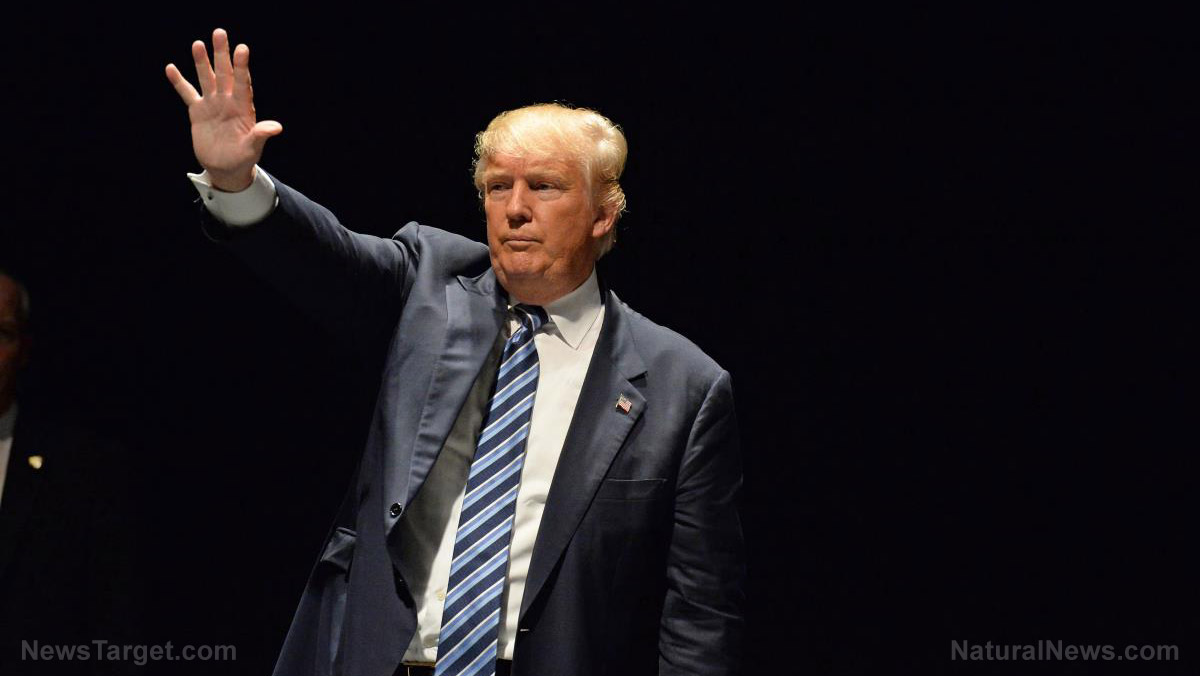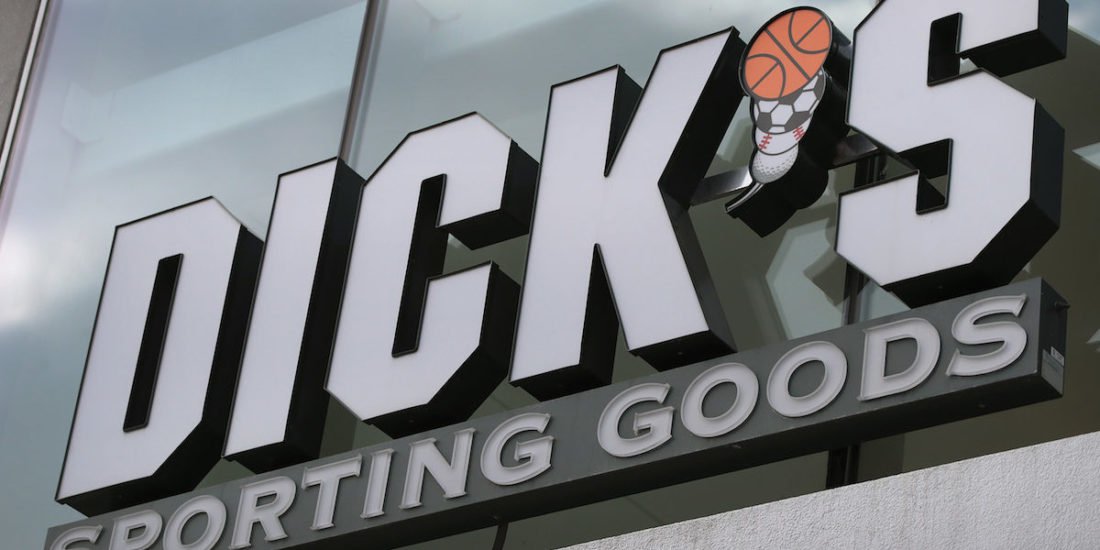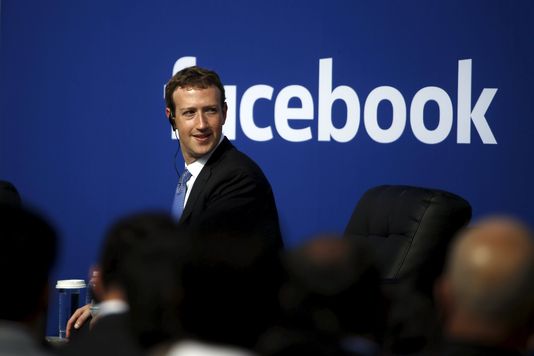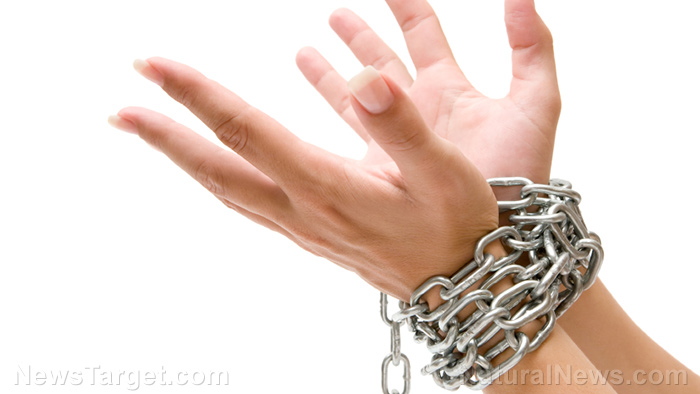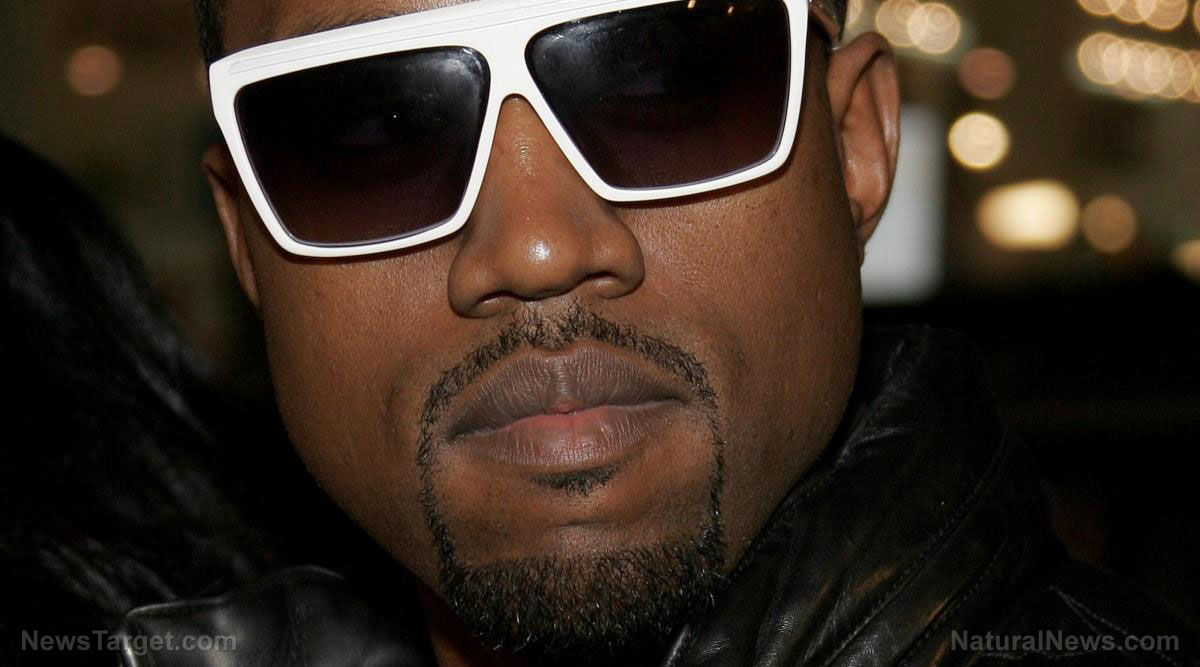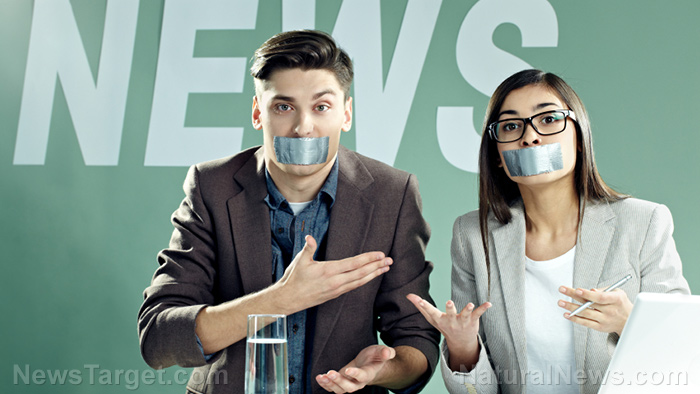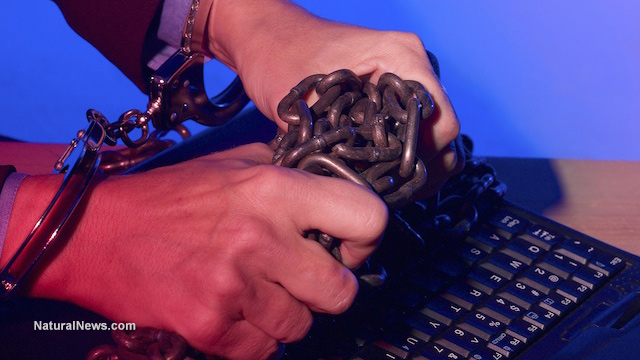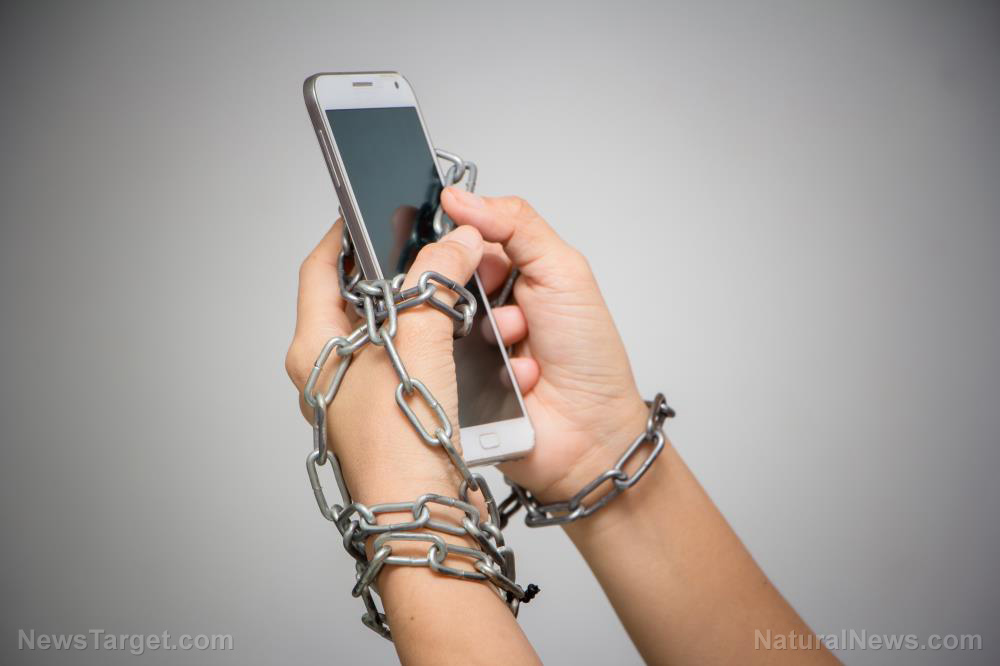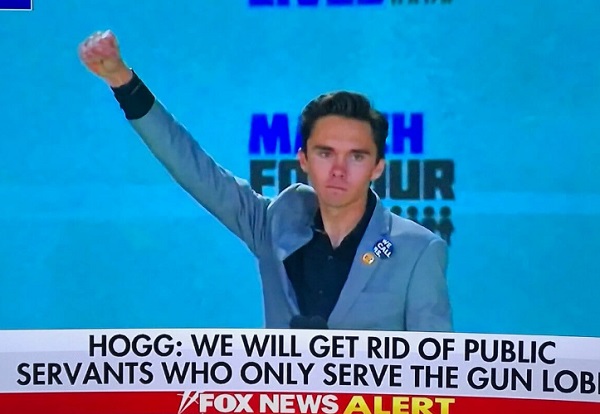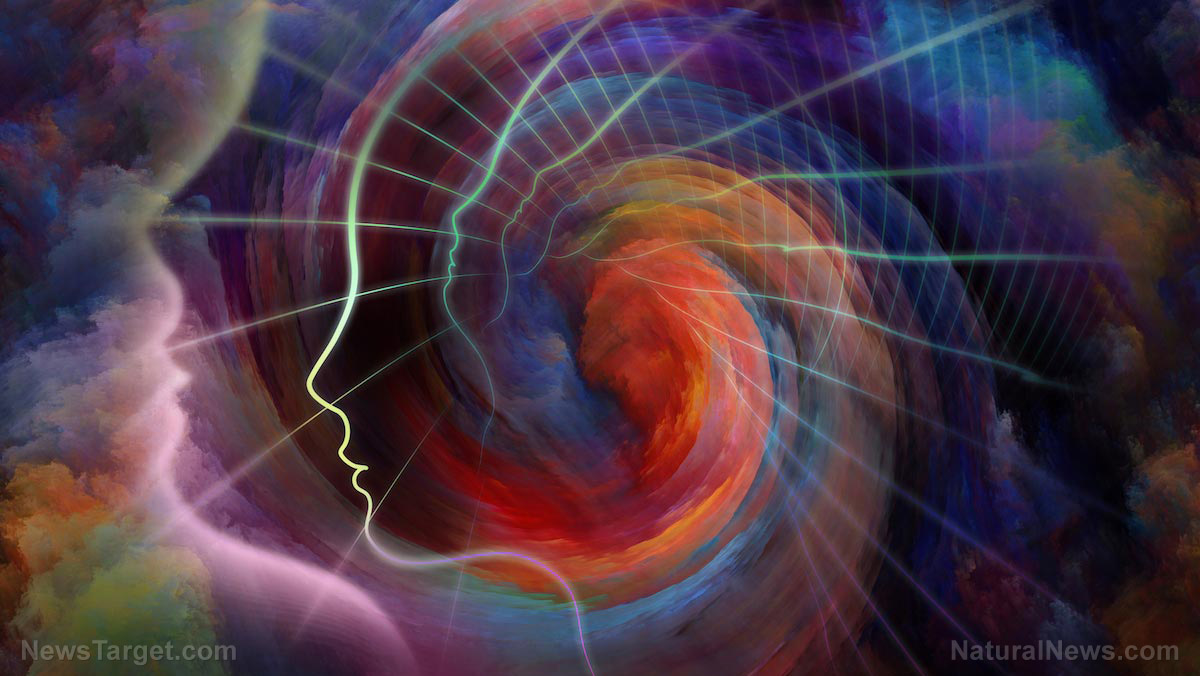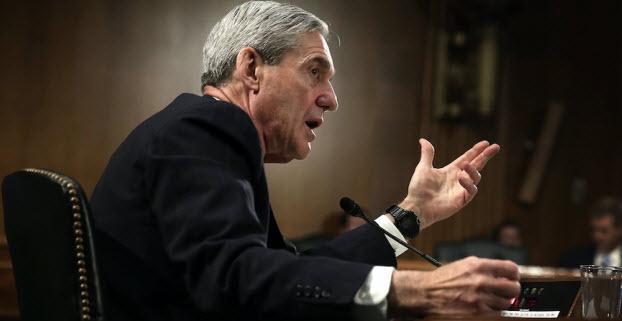Are Trump and British PM May this generation’s version of the ‘Reagan-Thatcher’ power couple?
01/27/2017 / By JD Heyes
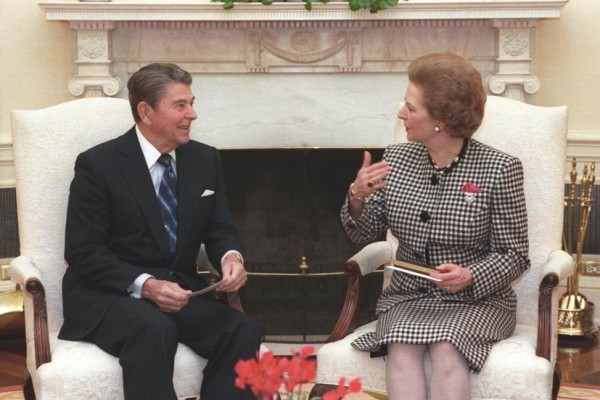
Thirty years ago, President Ronald Reagan and British Prime Minister Margaret “Iron Lady” Thatcher formed an unbreakable bond and unstoppable global alliance that won the Cold War and brought peace, prosperity and stability to the planet.
Now, though it’s extremely early in their terms, some have begun to convey the Reagan-Thatcher power couple status upon President Donald J. Trump and Britain’s Theresa May.
“He was a skilled communicator and a celebrity. She was strong-willed and shared his disdain for big government,” USA Today noted. “They were the power political couple of the 1980s.”
The two are set to meet in Washington on Friday, and already the political relationship seems to be taking off. On Thursday, in the city where the American colonies declared their independence from Great Britain some 240 years ago, May told Republicans at an annual congressional retreat in Philadelphia that the U.S.-Britain “special relationship” was alive and well.
“The leadership provided by our two countries through the ‘special relationship’ has done more than win wars and overcome adversity. It made the modern world,” she said. “It is through our actions over many years, working together to defeat evil or to open up the world, that we have been able to fulfill the promise of those who first spoke of the special nature of the relationship between us,” she said. “The promise of freedom, liberty and the rights of man.” (RELATED: See how evil is rising in the world at Evil.news)
Trump – who returned a bust of Britain’s World War II prime minister, Winston Churchill, to the Oval Office shortly after being sworn in – and May are expected to discuss a range of foreign policy and economic issues when they meet in D.C. That will include terrorism, how best to end Syria’s civil war, relations with Russia and cooperation with NATO. A bilateral trade deal once the United Kingdom formally leaves the European Union by around 2019, as it voted to do last year, is also a likely topic of discussion.
Currently, trade between the U.S. and U.K. amounts to around $187 billion; the U.S. is the single largest investor in the U.K., USA Today reported.
The symbolism of the visit actually matters more than the substance for the British government, because of the longstanding special relationship with London’s former colony.
Before he spoke with May, Trump had conversations with nine other world leaders in the 24 hours after he won the election in November. “The trip helps put to rest concerns within May’s ruling Conservative Party that former U.K. Independence Party chief Nigel Farage could get in the way of a strong relationship between the prime minister and Trump,” the paper reported.
Shortly after he won, Trump hinted that Farage – an anti-establishment, anti-immigration advocate – should become Britain’s U.S. ambassador, but May quickly rejected that idea. But there is still plenty of verve; observers believe they could be the incarnation of the Trump-Thatcher relationship, which heralded in nearly unprecedented closeness between the two countries.
May’s will be the first face-to-face meeting of a foreign leader with the new president. (RELATED: How is Trump doing in his first 100 days? Stay tuned at WhiteHouse.news)
“We have always had a strong relationship with the United States, but under the last president [Barack Obama] there’s been a sense over here that it wasn’t as strong as it could be,” said Conservative Party politician, Iain Duncan Smith, who was a member of former prime minister David Cameron’s cabinet. “Obama appeared to spend the first four years in office forging relationships with everyone else. Now we have an opportunity to reinstate what we once had.”
Ideologically and personally, Reagan and Thatcher were closer than any previous U.S.-British leaders since Franklin D. Roosevelt and Winston Churchill during World War II. Both revered free-market economics, were fervent anti-communists, were skeptical of big government and had a good chemistry when dealing with a wide range of issues from the Soviet Union to Northern Ireland.
“There was an incredible degree of affection — he admired her work ethic and she admired his ability to communicate with such great ease,” said Conor Burns, a Conservative Party lawmaker.
However, Burns nevertheless sounded a note of caution against drawing too many comparisons between Reagan-Thatcher and May-Trump. “We won’t know what the chemistry will be,” he pointed out.
J.D. Heyes is a senior writer for Natural News and News Target, as well as editor of The National Sentinel.
Sources:
Tagged Under: Cold War, Margaret Thatcher, President Donald J. Trump, ronald reagan, Theresa May

